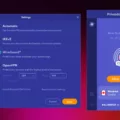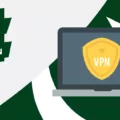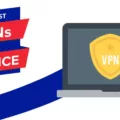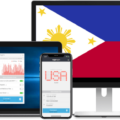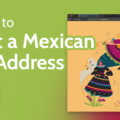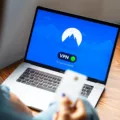Are you considering using a VPN to protect your online privacy and security? If so, you’re making a smart decision as VPNs have become an essential tool for staying safe and secure on the internet. But what exactly is a VPN, and what are the pros and cons?
In this blog post, we’ll cover the basics of a Virtual Private Network (VPN) and explain why they are important for internet users today. We’ll also discuss the pros and cons of using a VPN so that you can make an informed decision about whether or not it’s right for you.
A Virtual Private Network (VPN) is a service that allows users to connect to the internet through an encrypted connection, keeping their activities and data private from third-party snoopers. A good VPN will also provide access to content from all over the world by routing your traffic through its own high-speed servers located in different countries. This means that with a good VPN, you can access websites that may be blocked in your region due to geo-restrictions or censorship.
Pros of Using a VPN
1. Improved Privacy & Security: By routing your traffic through an encrypted connection, a good VPN can help protect your data from hackers, ISPs, government surveillance programs, and other snoopers.
2. Access To Blocked Content: With most good VPNs offering servers in multiple countries around the globe, users can easily bypass geographical restrictions on content or services like Netflix or other streaming services.
3. Lower Prices: Many online retailers offer different prices for consumers based on their geographical location. With most good VPNs offering servers in multiple countries around the globe, users can use them to access lower prices when shopping online by pretending they are located in another country with lower prices.
4. Increased Anonymity: By hiding your true IP address behind one provided by the server of choice, it becomes much more difficult for people to track you down online which helps protect against identity theft or fraud attempts.
Cons of Using a VPN
1. Slower Connection Speeds: Since all traffic has to be routed through remote servers before reaching its destination, this could cause some noticeable slowdowns in connection speeds depending on where those servers are located relative to your own location and how many people are connected at once.
2. Possible Security Breaches: Good encryption protocols are essential when using any kind of online service but even then there is always some risk of data breaches if the provider’s security measures fail or if they don’t take user privacy seriously enough which could lead to stolen information or malware infections etc…
All things considered though – for most people – using a quality Virtual Private Network like NordVPN is still worth it if privacy is important to them since there are far more benefits than drawbacks when it comes to staying safe online these days!
The Disadvantages of Using a VPN
Yes, there are some downsides to using a VPN. First and foremost, using a VPN can slow down your internet connection speed. This is because when you connect to the internet through a VPN, all of your data must be encrypted and sent through an external server before it reaches its destination. This extra layer of security adds to the total time it takes for your data to travel from Point A to Point B. Additionally, if the server you’re connected to is located further away from you geographically, this can also add extra latency, making your connection slower than usual.
Another downside of using a VPN is that it can be difficult to use certain applications or services that rely on your local IP address. For example, if you’re trying to access streaming services like Netflix or Hulu from outside of their supported countries, then a VPN may not be able to help you since the service will still recognize your local IP address even if it’s being routed through a VPN server in another country.
Finally, some ISPs may throttle your bandwidth if they detect that you’re using a VPN. Although this isn’t common practice with most ISPs, it can happen in certain cases where the ISP has implemented traffic-shaping policies which restrict certain kinds of traffic (including encrypted traffic).
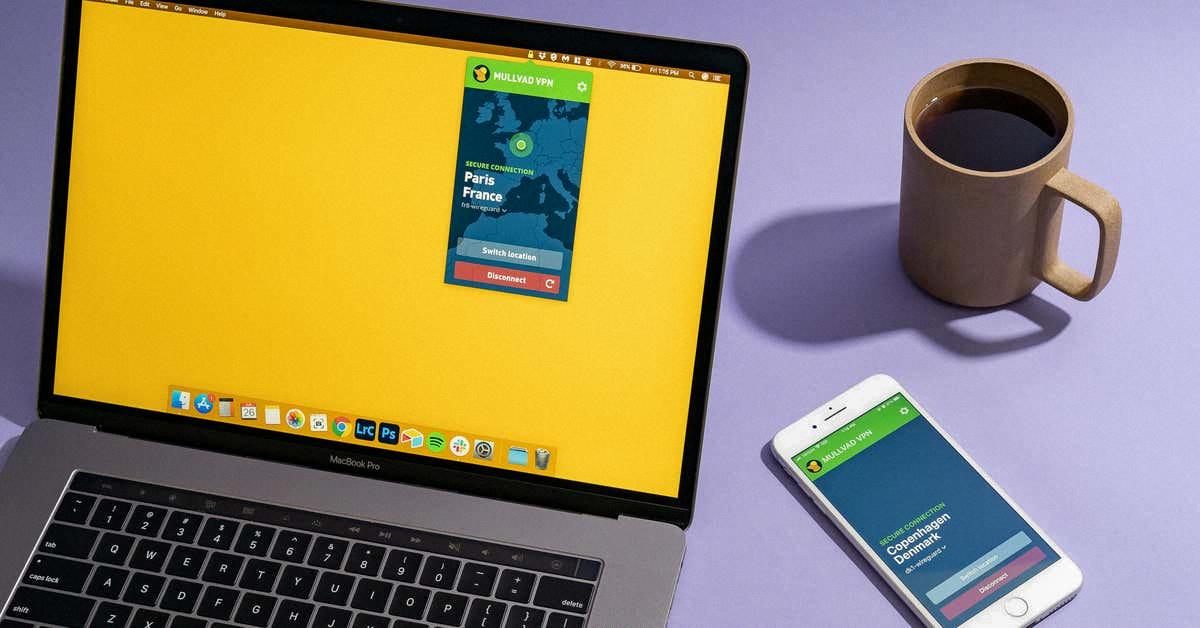
Source: nytimes.com
The Dangers of Overusing VPNs
Using a VPN all the time can be detrimental in some cases. Firstly, it can reduce your internet speed due to the amount of data that needs to be rerouted through the VPN servers. Secondly, some websites and services may not work properly when connected through a VPN. For example, streaming platforms such as Netflix and Hulu may not be accessible because they use geo-blocking technology to restrict access from certain locations. Finally, using a VPN all the time could increase your risk of cyber attack since hackers are more likely to target users who are constantly connected to the same IP address. Therefore, it is important to only use a VPN when absolutely necessary and switch off the connection when you’re done.
The Benefits of Using a VPN
Yes, a VPN is definitely worth it. A VPN provides an extra layer of security for online activity by encrypting data between your device and the server, making it more difficult for cyber attackers to intercept and view your data. It also hides your IP address, allowing you to access content that may be blocked in your region. Additionally, a VPN can help you avoid bandwidth throttling from ISPs and save money on streaming services.
Does a VPN Affect Internet Performance?
Using a VPN may affect your internet connection in a few different ways. Firstly, the encryption process used by a VPN can cause some additional latency and slow down your connection speeds. Secondly, when connected to a distant VPN server, there is an increased amount of distance between you and the websites you are accessing which can also slow down speeds. Finally, depending on the type of VPN protocol used, this can also affect your connection performance. For example, OpenVPN is more secure but requires more processing power than other protocols such as IKEv2 or L2TP/IPSec which can lead to slower connections. All this being said, most users find that it’s worth sacrificing some speed for improved security and privacy that a VPN provides so it’s up to you to decide if the benefits outweigh the cost.
The Dangers of Using Free VPNs
Free VPNs are not secure and should be avoided. Many free services offer limited features and security, putting your data at risk. Free services often have no encryption, which means your data will be exposed when you are connected to the internet. Additionally, many free services are run on shared servers, allowing hackers easy access to your data. Furthermore, many free services log your browsing activity and can sell this information to advertisers or other third parties. Finally, many free services are slow and unreliable, making it difficult to stream video or download files in a timely manner. For these reasons, using a reliable paid VPN service is the best way to keep your data secure and private online.
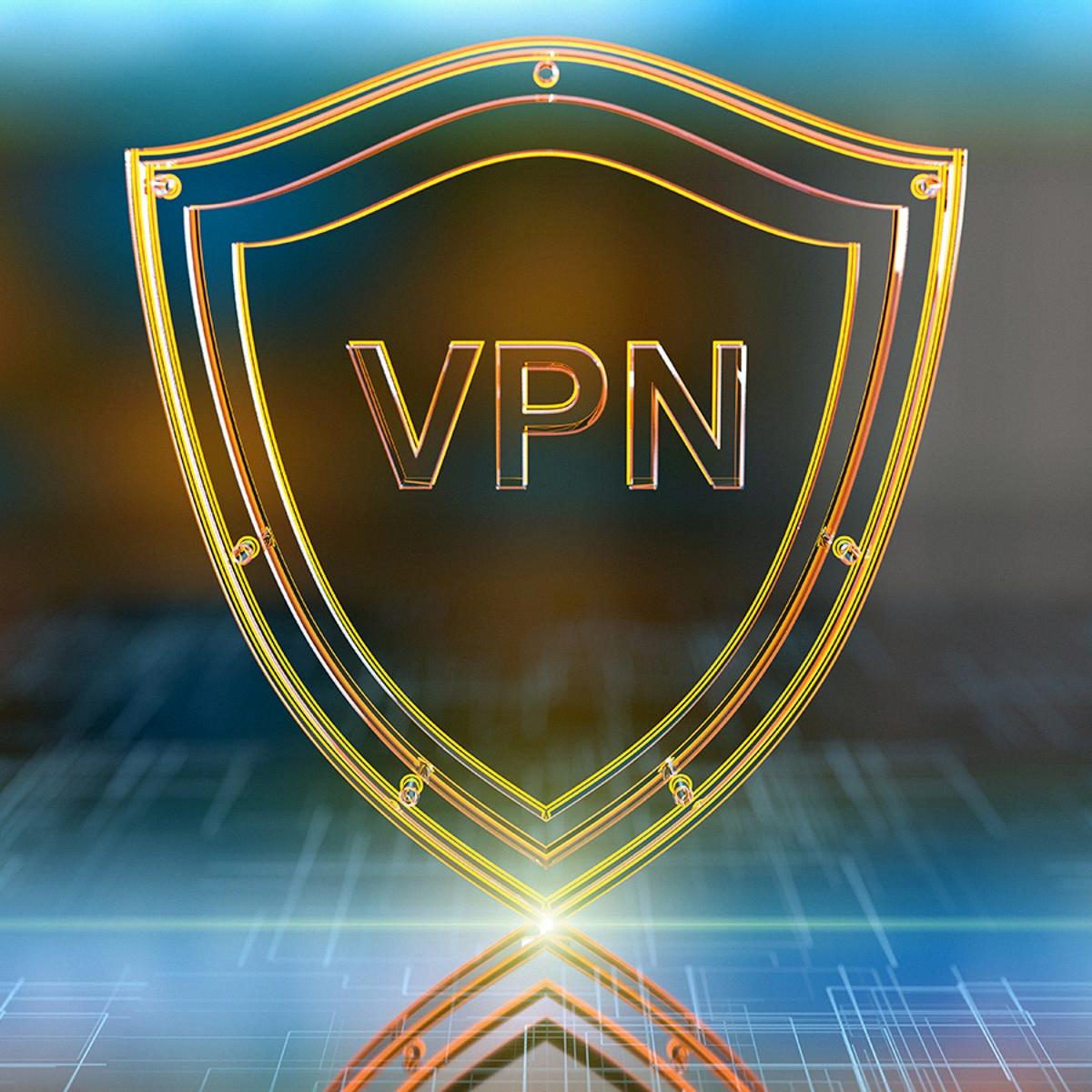
Source: zdnet.com
Effects of Turning Off a VPN
When you turn off your VPN, your true IP address, identity, and data become visible to anyone who may be interested. This includes snoopers as well as cybercriminals. Additionally, you will no longer have secure access to content on certain networks. For this reason, it is best to keep your VPN connection at all times and only disconnect when absolutely necessary.
Should I Use a VPN on My iPhone?
Yes, you should use a VPN on your iPhone. A VPN provides an extra layer of security to protect your data and online activities from hackers and cybercriminals. It encrypts your internet traffic, preventing anyone from snooping on or stealing your data. Additionally, a VPN can help you access geo-restricted content, bypass censorship, and protect your identity when connected to public Wi-Fi networks.
The Benefits of Using a VPN at Home
Whether or not you choose to use a VPN at home depends on your personal security and privacy needs. A VPN (Virtual Private Network) is a great way to protect your online activity from outside sources, such as hackers or malicious websites. It also provides an extra layer of security since it encrypts your data as it travels across the internet, making it difficult for anyone to track or intercept your data. In addition, most VPNs offer features like masking your IP address and location, allowing you to access geo-restricted content and bypass censorship. If you do decide to use a VPN at home, be sure to research the provider and read reviews before signing up. Some providers offer faster speeds than others, so it’s important to choose one that suits your needs. Lastly, keep in mind that using a VPN may slow down your internet connection speed slightly due to the extra layer of encryption.
Do I Need a VPN on My Phone?
Yes, you really need a VPN on your phone. Virtual Private Networks (VPNs) are a great way to keep your online activities safe and secure. VPNs encrypt your internet connection so that it is not visible to anyone else on the same network. This means that anyone who is trying to eavesdrop on your data or track your online activities won’t be able to do so as easily as they could without a VPN. Additionally, using a VPN can help protect you from malicious websites, hackers, and identity theft when you’re using public Wi-Fi networks. Finally, if you travel abroad with your phone, a VPN can help protect you from government surveillance and censorship. Overall, having a VPN on your phone is an essential part of staying safe online and keeping your personal information secure.
Conclusion
In conclusion, VPNs are a powerful and useful tool to protect your online privacy and security. They encrypt your data and reroute it through remote servers, which can cause some speed reduction. However, the benefits of using a VPN far outweigh the drawbacks, such as increased security and privacy when connected to public Wi-Fi networks. Ultimately, it is up to you to decide if the advantages of using a VPN are worth the potential speed reduction.

